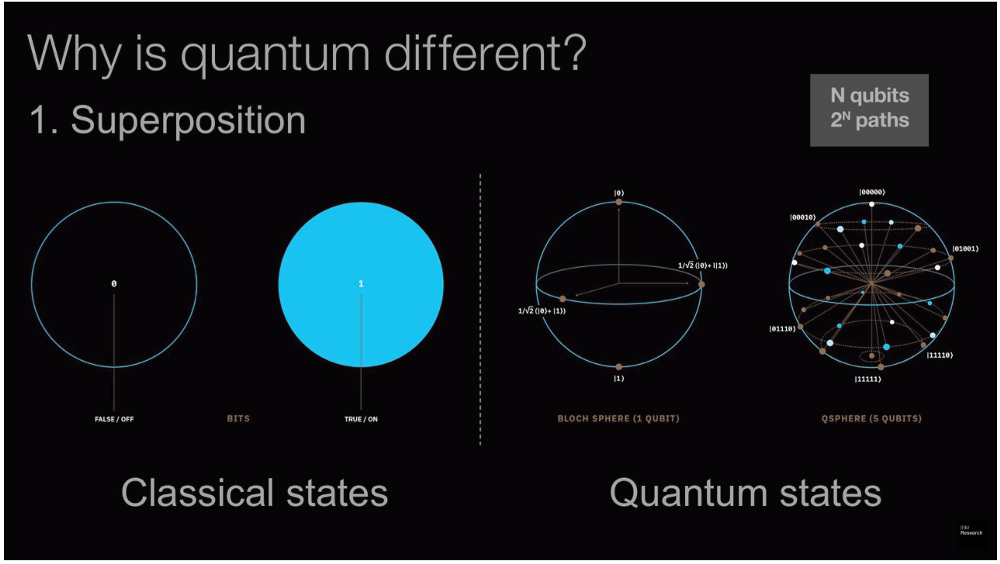This Weeks Task
This week we are to find two academic articles of our choice, the only condition being that they are related to IT/CompSci and can be verified as legitimate academic articles.Paper 1
Title: Does Gamification Work? — A Literature Review of Empirical Studies on
Gamification
APA Reference: Hamari, J., Koivisto, J., & Sarsa, H. (2014, January). Does gamification work?--a literature review of empirical studies on gamification. In 2014 47th Hawaii international conference on system sciences (HICSS) (pp. 3025-3034). IEEE.
How did I find this article?
Originally I was looking through a popular internet forum to see what others had referenced as their favourite computer science papers and came across the idea of gamification, I then searched scholar.google.com for this keyword and picked out one of the more popular choices in an attempt to find something somewhat introduction to the idea.
What kind of article is this?
This paper is found in the proceedings for the 2014 International Conference on System Sciences, making it a 'Conference' paper. It is also described as a literature review based on empirical studies on gamification.
What makes this an academic article?
There are many aspects that make a paper/article 'academic';
- the title
- the authors (usually with an email address and affiliation)
- the abstract
- the introduction
- a review of other papers relevant to the topic ( a literature review)
- a description of what the research was and what the researchers did
- the results of what they did
- a discussion about what the results mean
- a conclusion
- a list of references
This paper includes 90% of these elements & has been sourced from an official peer-reviewed conference proceedings list.
It appears that identifying a legitimate academic article is somewhat intuitive in my mind, similar to how we identify real-life objects, like trees for example. We know intuitively what a tree is when we look at it and classify it as such. If something integral was missing it would stick out like a sore thumb.
Given this is one of my first encounters with this type of activity I have found myself having to pay a bit more attention to the specifics. I am sure experienced people do not have to look into much detail at all before they know what they are dealing with.
Given this is one of my first encounters with this type of activity I have found myself having to pay a bit more attention to the specifics. I am sure experienced people do not have to look into much detail at all before they know what they are dealing with.
How well does this article fit Lars' description of a legitimate academic article?
This paper has a 90%+ similarity with Lars' description, which is why I have chosen it in the first place, in order to hopefully produce something that is in align with our beloved tutors' wishes.
References:
This paper contains a total of 45 references, which appears to be highly extensive to me. This is due to its reliance on empirical evidence from other sources to conclude the writers own research question,
Citations:
The paper has 2222 citations as of 31/03/2019.
URL: https://www.computer.org/csdl/proceedings-article/hicss/2014/2504d025/12OmNzE54xe
Am I interested in reading this article further?
I am interested in reading this paper, especially given that it is based off a lot of previous empirical research into the topic, which in turn means the question being asked here is built on top of these previous articles. This makes it more alluring to me as I like to obtain big-picture perspectives.
If we are to be given a task that involved reading an article this article will be highly considered for sure.
Paper 2
Title: Quantum Computing in the NISQ era and beyond

APA Reference: Preskill, J. (2018). Quantum Computing in the NISQ era and beyond. Quantum, 2, 79.
How did I find this article?
Found via google scholar once I defined that I am interested in the field of quantum computing, most of my research was done on the actual CompSci/IT fields I would like to look into moreso than the actual papers.
What kind of article is this?
Journal paper.
What makes this an academic article?
The source, the wealth of people referencing it, the credibility of the author, the paper sticks to standard academic paper practices.
How well does this article fit Lars' description of a legitimate academic article?
Quite well except it is longer than requested, it appears to be longer due to the wide breadth involved when tackling general questions under quantum computing, there are a lot of sub-categories the author has had to cover in order to construct the paper to a level that feels suitable for the wide implications of this technology.
References:
The paper has 57 references
Citations:
The paper has been cited by 213 other papers as of 31/03/2019.
Am I interested in reading this article further?
I am very interesting, especially considering my heavy interest in where technology is heading. Quantum computing will have wide effects on society as a whole if its potential is realized.

How did I find this article?
Class work/Notes
This week the course outline has changed a little bit, which moves the content revolved around assignment 2 to be taught sooner. This appears to be due to comments regarding this content taking awhile to start compared to when the assignment is due?
Following the introduction talk, we got into the presentations, yay. We did not put too much effort into our presentation due to the looming pressure of other subjects.
Presentation topics covered:
- Secondary Research – Blake, Stewart
- Observational Research – Rob, Cam
- Exploratory Research – Hao, Yifeng, Derrick
- Case Study Research – Achuthanand, Geeta, Appu, Balu
- Experimental Research – Teja, Jagdeep
- Discourse Analysis – Erica, Robin, Daniel
- Action Research – Jess, Patrick Jake
- Meta-Analysis – Rachel, Corrina, Di
- Design-based research – Finn, Deja, Sakar, Jeff
- Randomised Controlled Trials – Oliver, Zepeng Dong, Yuwei Zhang, Yuefen Zhou
I found it hard to focus on the content of the other presentations whilst worrying about my own after we had presented it became a lot easier to pay attention. It felt like some presentations were too flooded with information for me to follow. Largely in part due to my mind drifting off, I tried to avoid this in my own presentation section by keeping it simple, hopefully, I succeeded here. Our group also did not understand that we were to relate our given research method directly to IT, we did understand this was to be done in our blogs but not in our presentation due to it not being clearly communicated with us.
Why do we look for 'academic' articles?
Important for:
- find out what smarter people have said
- find what is likely the most credible information
- group your work with the work that others have done, you are not expected to always be original
Method:
- look at the kinds of research approaches others have taken
- under how others have applied the research approach to learn how to do it well
It is useful to:
- see what questions others have left open, there may be room to pick up a question for yourself
- to find a useful starting point for your own work








